Congratulations to Dr. Laura Iannuzzie in the Centre for Midwifery & Women’s Health (CMWH) on the publication of her latest paper ‘Exploring the Role of Birth Environment on Italian Mothers’ Emotional Experience during Childbirth‘ [1].This new paper is co-written with Italian architects and organisational psychologists. It is the third publication by this interdisciplinary team [2-3].

This latest publication investigates mothers’ perceptions of spatial-physical humanization, affective quality of place, and emotions during childbirth. To achieve this goal, the first part of our work was dedicated to selecting two birth environments (hospital and birth centre) with different degrees of humanization. The rectangular hospital layout is in the drawing above and the circular birth centre layout is shown below (both drawing are from the published paper [1]). The team’s research methods include observations and field survey which mainly concerned the environmental quality of the spaces and the layout of the birth unit, and self-report questionnaire about perceived environment, affective quality attributed to place, and delivery experience. Participants are 66 low-risk women, choosing to give birth in hospital or a birth centre. The findings indicate an enhanced perception of both the spatial-physical aspects and the social and functional aspects of the care unit among mothers who give birth at the birth centre. These same mothers also reported a more positive perception of the childbirth experience. The paper offer greater insight into the role of birth environments in shaping mothers’ emotional experiences during childbirth.
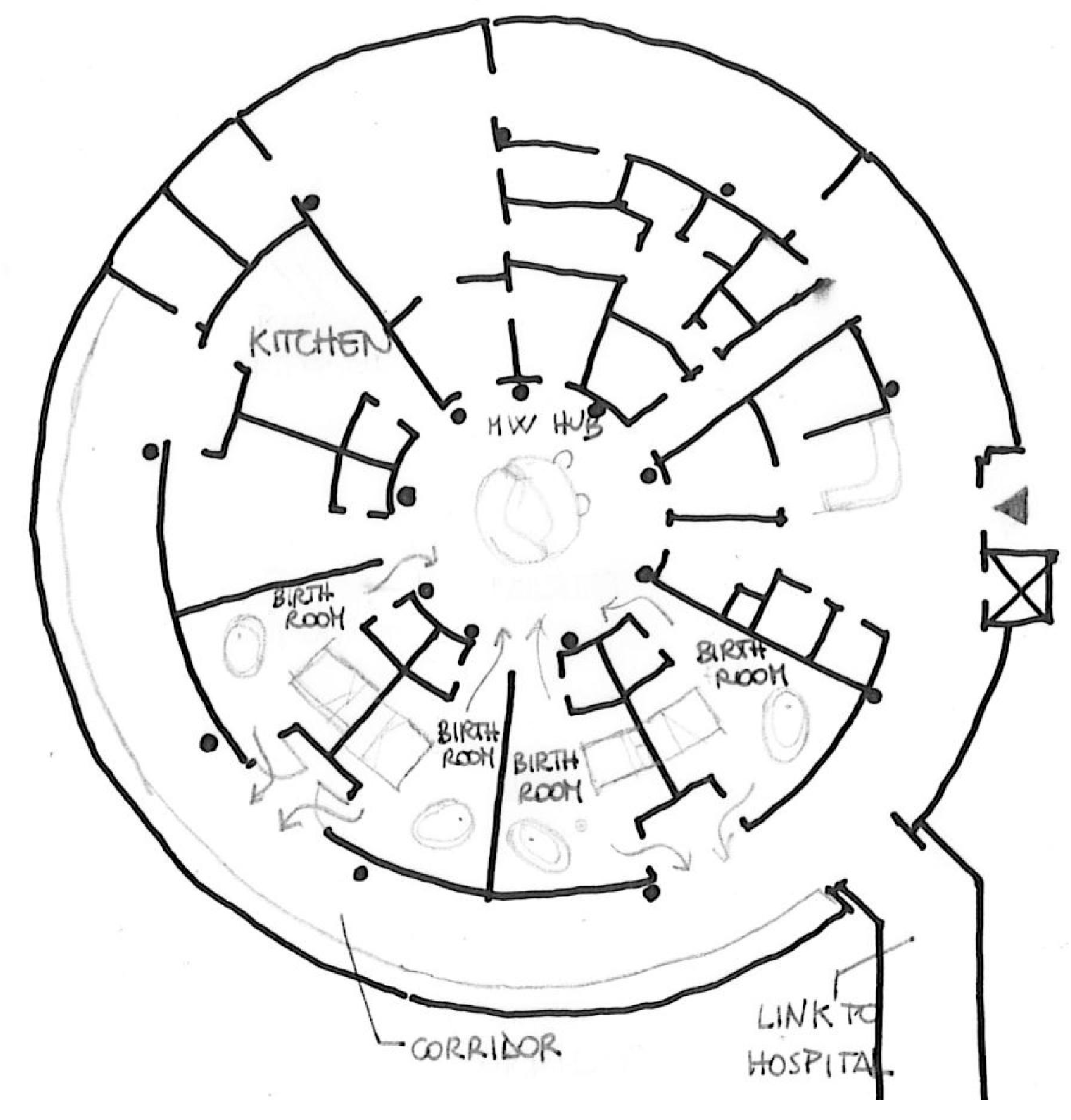
- Migliorini, L., Setola, N., Naldi, E., Rompianesi, M.C., Iannuzzi, L., Cardinali, P. (2023) Exploring the Role of Birth Environment on Italian Mothers’ Emotional Experience during Childbirth. International Journal of Environmental Research and Public Health, 20(15):6529. https://doi.org/10.3390/ijerph20156529
- Setola, N., Naldi, E., Cocina, G.G., Eide, L.B., Iannuzzi, L., Daly, D. (2019) The Impact of the Physical Environment on Intrapartum Maternity Care: Identification of Eight Crucial Building Spaces. Health Environments Research & Design Journal, 12: 67–98.
- Setola, N., Iannuzzi, L., Santini, M., Cocina, G. G., Naldi, E., Branchini, L., Morano, S., Escuriet Peiró, R., Downe, S. (2018). Optimal settings for childbirth. Minerva ginecologica, 70(6): 687–699. https://doi.org/10.23736/S0026-4784.18.04327-7
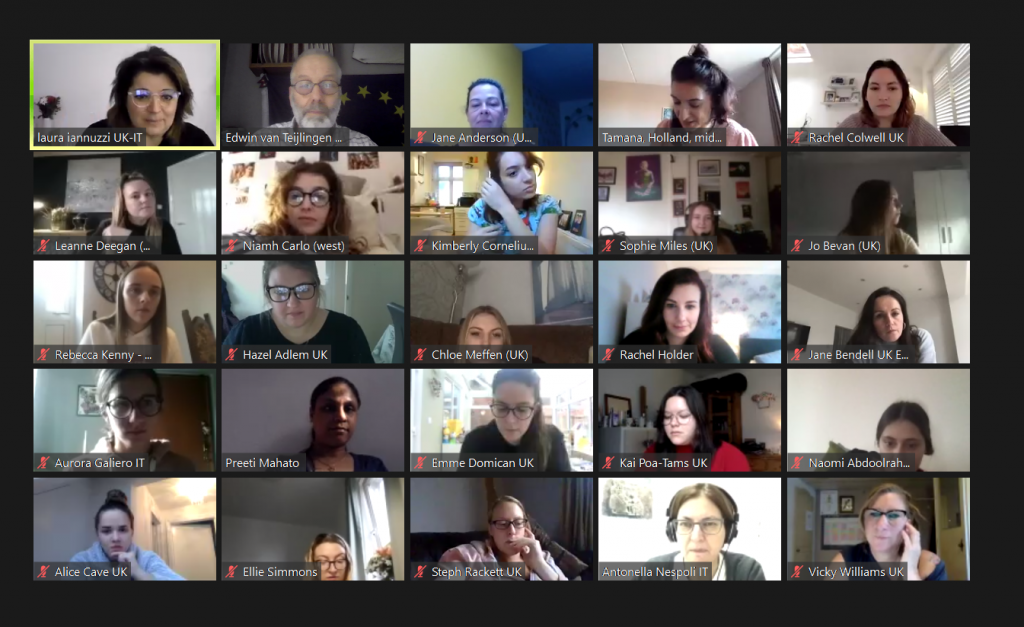
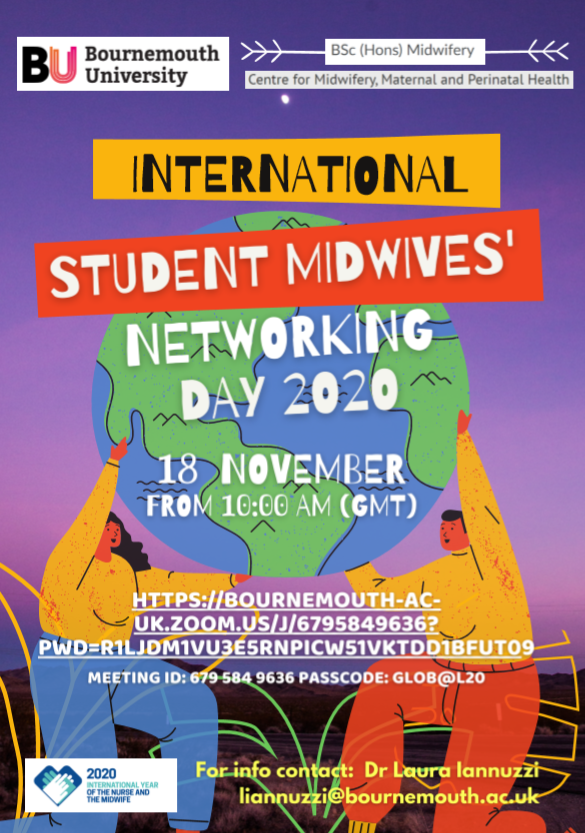



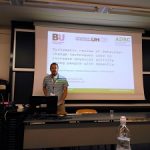
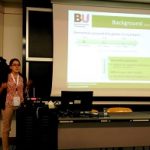
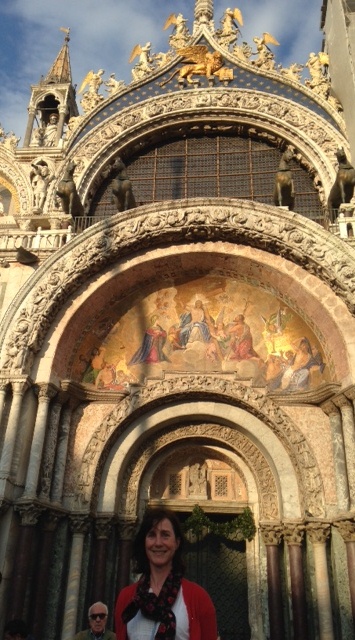















 BU attendance at third annual GCPHR meeting in June
BU attendance at third annual GCPHR meeting in June Interactive Tangible and Intangible Heritage Applications – BU student work featured in new book chapter
Interactive Tangible and Intangible Heritage Applications – BU student work featured in new book chapter Second NIHR MIHERC meeting in Bournemouth this week
Second NIHR MIHERC meeting in Bournemouth this week MSCA Postdoctoral Fellowships 2025 Call
MSCA Postdoctoral Fellowships 2025 Call ERC Advanced Grant 2025 Webinar
ERC Advanced Grant 2025 Webinar Horizon Europe Work Programme 2025 Published
Horizon Europe Work Programme 2025 Published Horizon Europe 2025 Work Programme pre-Published
Horizon Europe 2025 Work Programme pre-Published Update on UKRO services
Update on UKRO services European research project exploring use of ‘virtual twins’ to better manage metabolic associated fatty liver disease
European research project exploring use of ‘virtual twins’ to better manage metabolic associated fatty liver disease